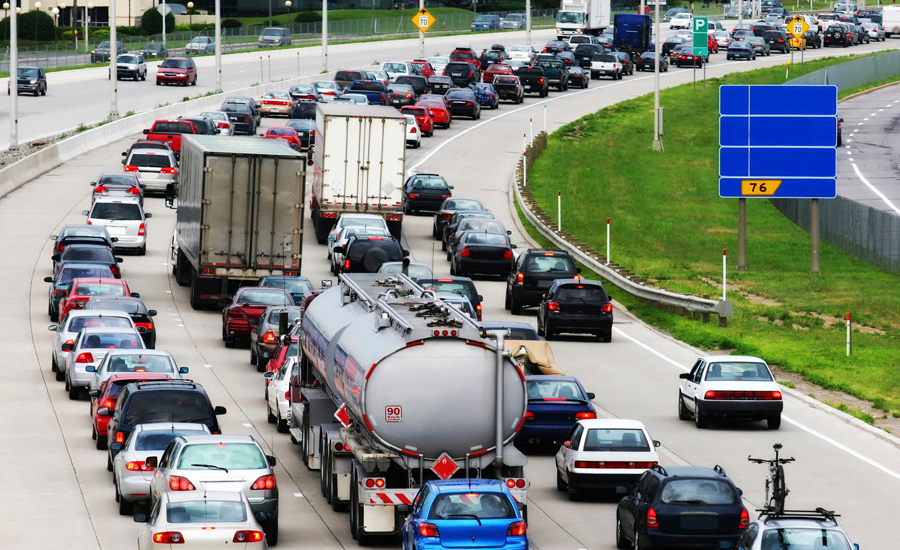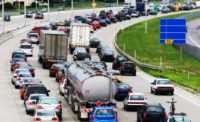Raising fuel economy standards will also raise the price of new vehicles and prevent families from purchasing newer, safer cars and trucks, National Highway Traffic Safety Administration Deputy Administrator (NHTSA) Heidi King told Congress on Thursday.
“We know that newer cars are safer and cleaner than older cars. We also know that consumers can choose whether to keep their older car or to purchase a newer, safer, cleaner car. This is relevant since there are already more cars than adults in our country. Standards that increase the price of a new car can hinder safety by discouraging people from replacing their older cars with cleaner, safer, newer cars,” she told members of the House Energy & Commerce Committee during a joint subcommittee hearing.
In 2012, President Barack Obama issued a rule that corporate average fuel economy (CAFÉ) standards for vehicles – which had been around since 1975 – must increase to 54 miles per gallon by 2025. The Trump administration is proposing to freeze that increase at 37 miles per gallon after 2021 with the Safer Affordable Fuel Efficient (SAFE) Vehicles Rule introduced last year by the NHTSA and the EPA. The agencies cited the affordability of new vehicles as a factor in the rulemaking - a theme King returned to her in Congressional testimony.
“The average price of a new vehicle exceeds $37,000, and new vehicle prices have risen 29% in the past decade, while median family income grew only 6% during that period,” she said.
King also said that the auto industry is struggling to meet the existing standards. "EPA’s latest ‘Trends Report’ showed that despite record fuel economy gains, all but three of the thirteen major automakers failed to meet their performance targets for the 2017 model year,” King said.
Nonetheless, industry response to the proposed rollback has been mixed. General Motors chairman and CEO Mary Barra has said that GM's "commitment to an all-electric, zero-emissions future is unwavering, regardless of any modifications to future fuel economy standards." Ford executive chairman Bill Ford and the automaker’s president and CEO Jim Hackett said the company supported increasing clean car standards through 2025 and was not asking for a rollback that GM wanted one set of standards nationally, along with additional flexibility to help the company provide more affordable options for its customers.
Not everyone agrees with King’s analysis. Shoshana Lew, executive director of Colorado’s Department of Transportation, called that the Trump administration’s effort to freeze fuel economy standards “a deeply flawed and ideologically driven proposal” that would increase U.S. fuel consumption by approximately half a million barrels per day.
“It’s no surprise that the oil industry supports the proposed flatline,” Lew told Congress.
The Trump administration also wants to eliminate a waiver that allows California to set fuel standards more stringent than the federal government’s – a waiver based in part on the Los Angeles’ basin’s smog problem due to its enclosed topography, warm climate and large population.
King said the SAFE Vehicles Rule "will establish maximum feasible standards that would not prevent any auto manufacturer from designing and building next-generation highly fuel-efficient vehicles, including hydrogen fuel cell vehicles, battery electric vehicles, hybrids, and plug-in hybrids in response to market demands,” King said. “In fact, I am excited – we are all excited – to witness the expansion of the diverse designs and power trains, providing more consumer choice.”
As the final rule is crafted, regulators are considering hundreds of thousands of public comments, as well as available data.
A copy of King’s testimony as prepared for delivery is available here.

